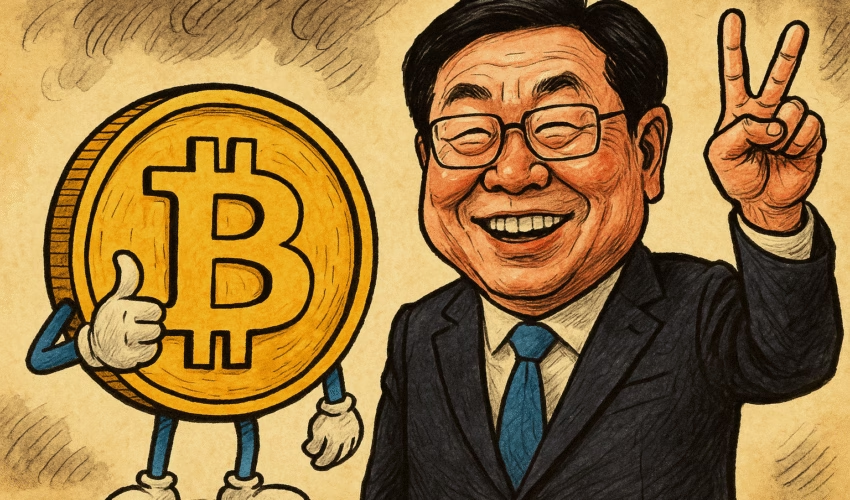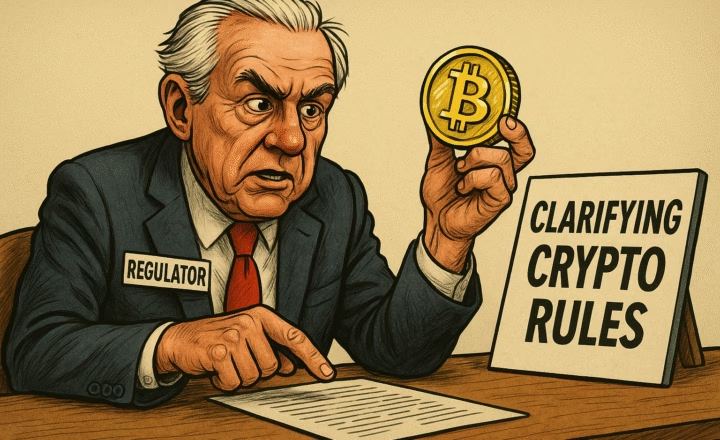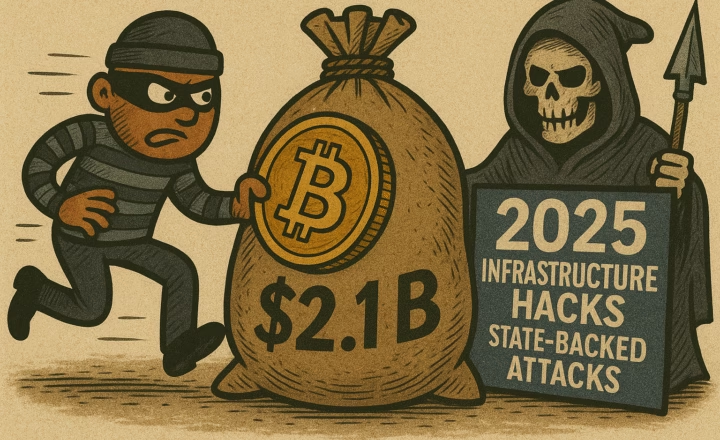Lee Jae-myung’s Pro-Crypto Vision Faces Pressure From Political Scandals and Judicial Scrutiny
South Korea’s newly elected President Lee Jae-myung has taken office following a decisive election victory, bringing with him a platform of crypto-friendly reforms and promises to modernize the country’s financial infrastructure. However, Lee’s ambitious plans are complicated by a series of ongoing legal battles and political controversies that are expected to shape the early phase of his presidency.
Although cryptocurrency was not directly mentioned during his June 4 inauguration speech, industry observers view Lee’s administration as a potential catalyst for regulatory reform, particularly as South Korea continues to evolve as one of the world’s most active digital asset markets.
A Reformist With Working-Class Roots
Lee’s rise from a factory worker and human rights lawyer to the presidency has shaped his populist and reformist image. After narrowly losing the 2022 election, Lee returned with a renewed focus on building a “basic society”—promoting policies such as shorter work weeks, targeted basic income, and crypto integration.
He now leads with the support of the center-left Democratic Party, which has already established a Digital Asset Committee aimed at formalizing crypto regulation and attracting institutional capital to the space.
Crypto Promises and Legislative Momentum
During his campaign, Lee pledged several high-impact crypto policies:
-
Approval of spot crypto exchange-traded funds (ETFs)
-
Permission for the National Pension Service to invest in Bitcoin and other digital assets
-
Launch of a Korean won-backed stablecoin
-
Reform of the “one exchange, one bank” policy to foster competition in the domestic crypto exchange market
Much of the groundwork for these policies was laid under Lee’s predecessor, Yoon Suk Yeol, who was impeached after declaring martial law in 2024. Now, Lee’s administration is expected to accelerate progress on the Digital Asset Basic Act (DABA), which proposes a legal self-regulatory framework, a stablecoin approval system, and clearer rules for digital asset service providers.
Cautious Optimism After the Terra Collapse
Lee’s stablecoin proposal has drawn both interest and skepticism. His plan contrasts sharply with the algorithmic model of the failed Terra project, which cost South Korean investors billions. Instead, Lee’s vision involves a centralized, fiat-backed stablecoin, aligned with international regulatory standards.
Min Byoung-dug, head of the Democratic Party’s Digital Asset Committee, has emphasized that stablecoin innovation should come from the private sector, leveraging South Korea’s K-culture export economy to promote adoption in Southeast Asia.
Market Readiness and Institutional Support
South Korea’s crypto market is already one of the most retail-dominant in the world, with millions actively trading on platforms like Upbit and Bithumb. However, institutional participation remains limited due to regulatory uncertainty.
With Lee’s election, crypto firms are hopeful for a regulatory shift that could bring pension funds, investment banks, and asset managers into the market. The Financial Services Commission has already initiated a phased approach to onboarding institutional players.
North Korea Policy and Crypto Security Concerns
Lee’s approach to North Korea represents a sharp departure from the previous administration. He has pledged to reopen communication channels and promote peaceful engagement, reversing the hardline stance taken by former President Yoon.
This has direct implications for crypto security. Pyongyang has been linked to multiple crypto heists, including the largest in history, and continues to use state-sponsored hackers to finance its weapons program. Lee’s administration will likely face international scrutiny in how it handles North Korea’s role in crypto-related cybercrime.
Geopolitical Positioning and Diplomatic Strategy
Lee has also promised to pursue “balanced diplomacy”, maintaining strong ties with the United States and Japan while attempting to mend relations with China—a nation that had been increasingly isolated under the previous administration.
Chinese President Xi Jinping congratulated Lee and expressed willingness to improve bilateral ties, signaling a potential shift in regional dynamics.
Legal Challenges Cloud the Presidency
Despite his reformist agenda, Lee enters office under the weight of five ongoing legal cases:
-
Election Law Violation: The Supreme Court found Lee made false statements during the 2022 campaign. The case has been remanded to the Seoul High Court, with the next hearing set for June 18.
-
Corruption Allegations: Accused of colluding with developers on a property deal during his tenure as Seongnam mayor. The trial is ongoing at the Seoul Central District Court.
-
Misuse of Public Funds: Allegations of personal use of state funds while serving as Gyeonggi governor, currently in Suwon District Court.
-
Illegal Money Transfer to North Korea: Alleged involvement in transferring funds in violation of the Foreign Exchange Transactions Act.
-
Subornation of Perjury: Accused of pressuring a witness to lie during a 2019 case. Though previously acquitted, the decision has been appealed.
These cases place Lee in a historic legal position — he is the first South Korean president to take office while already under criminal indictment.
A central question is whether Article 84 of the Constitution, which provides presidential immunity, applies to trials initiated before inauguration. Legal experts remain divided, and court proceedings could be delayed depending on how this issue is interpreted.
Conclusion
President Lee Jae-myung’s election represents a turning point for South Korea’s crypto landscape. His proposals signal a shift toward institutional integration, stablecoin development, and a balanced regulatory framework that could unlock growth in one of the world’s most active crypto markets.
However, Lee begins his presidency under intense legal scrutiny, and his ability to implement these policies will depend not only on political capital but also on how the judiciary interprets presidential immunity.
For the crypto industry, the direction is clear: South Korea is poised for regulatory clarity and institutional engagement. But Lee’s leadership will be tested on two fronts — the courtroom and the global stage.












